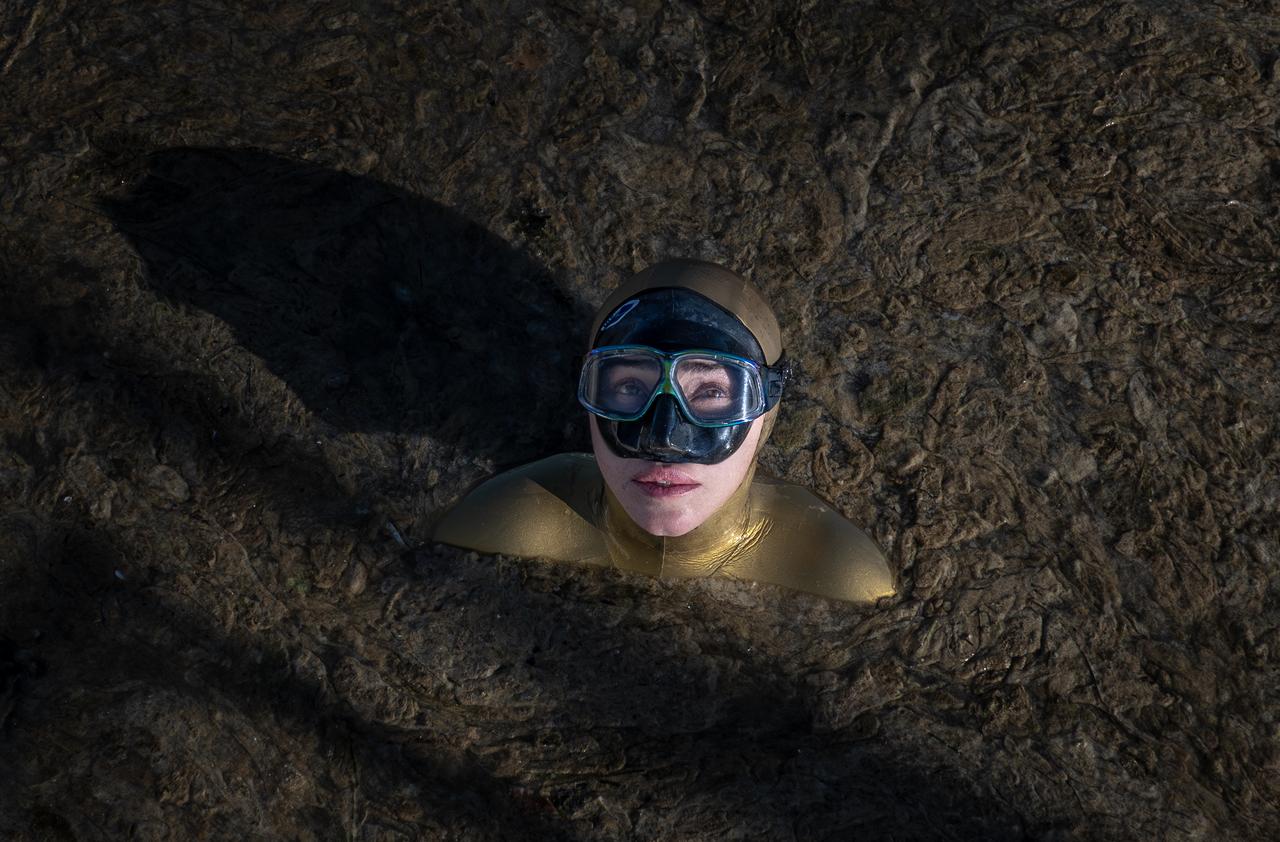
In a symbolic and urgent call for action, world free diving record holder and UNDP Türkiye’s "Defender of Life in Water," Sahika Ercumen, took a single breath and dove into the depths of the Marmara Sea to draw attention to the persistent problem of marine mucilage, also known as “sea snot.”
Ercumen’s awareness dive took place off the coast of Balikesir, one of the regions most affected by the phenomenon, and was supported by Professor Mustafa Sari of Bandirma Onyedi Eylul University and diving instructor Osman Benli from the Erdek Diving Club.
Underwater photographer Sebnem Coskun also joined the team to document the moment.
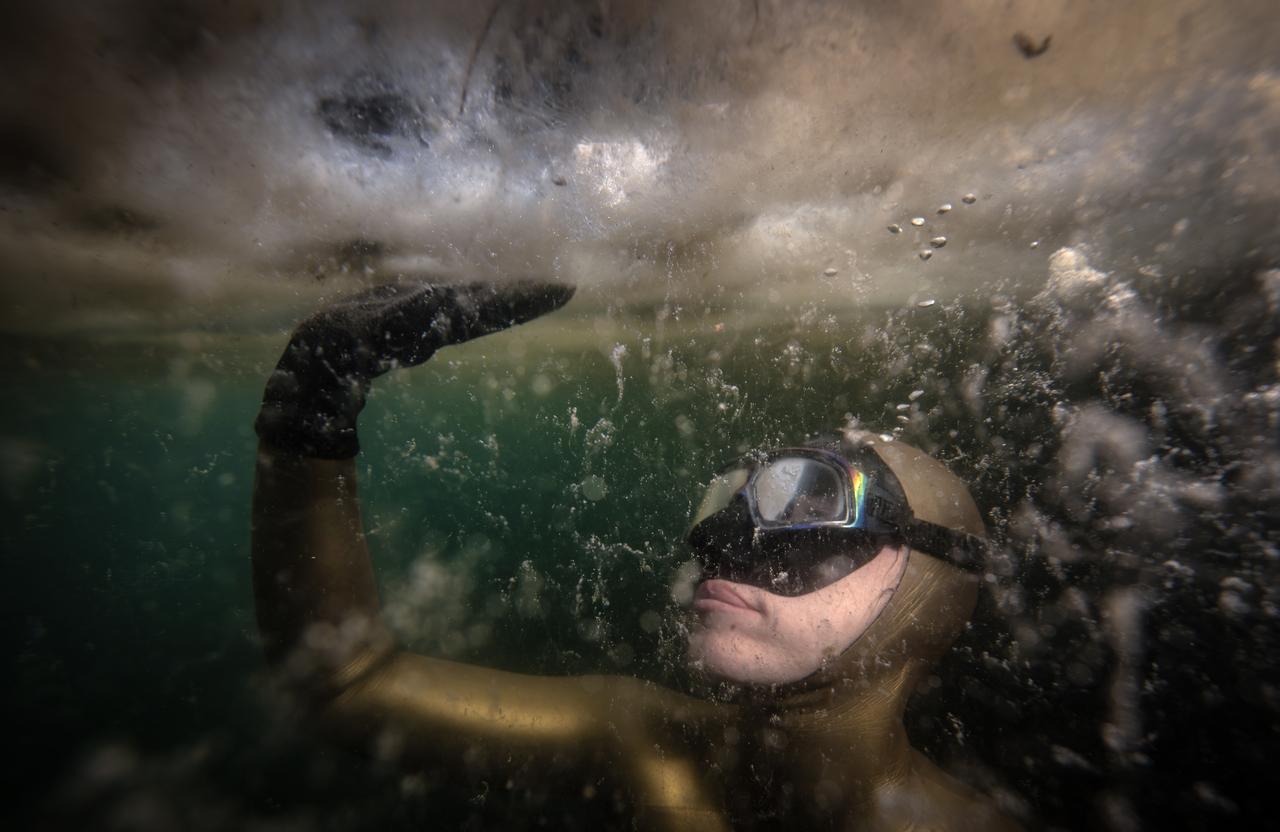
Speaking after the dive, Ercumen described her close encounter with the mucilage: “It has a very strange texture—slippery, almost like soap foam. The more you try to clean it, the more it regathers like an invincible organism. It covers everything alive in the sea. Underwater, our seas are suffocating.”
She emphasized that this issue is not only environmental and visual but has serious ecological, economic, and social consequences: “The seas are screaming for help. This isn’t just pollution—it’s a crisis.”
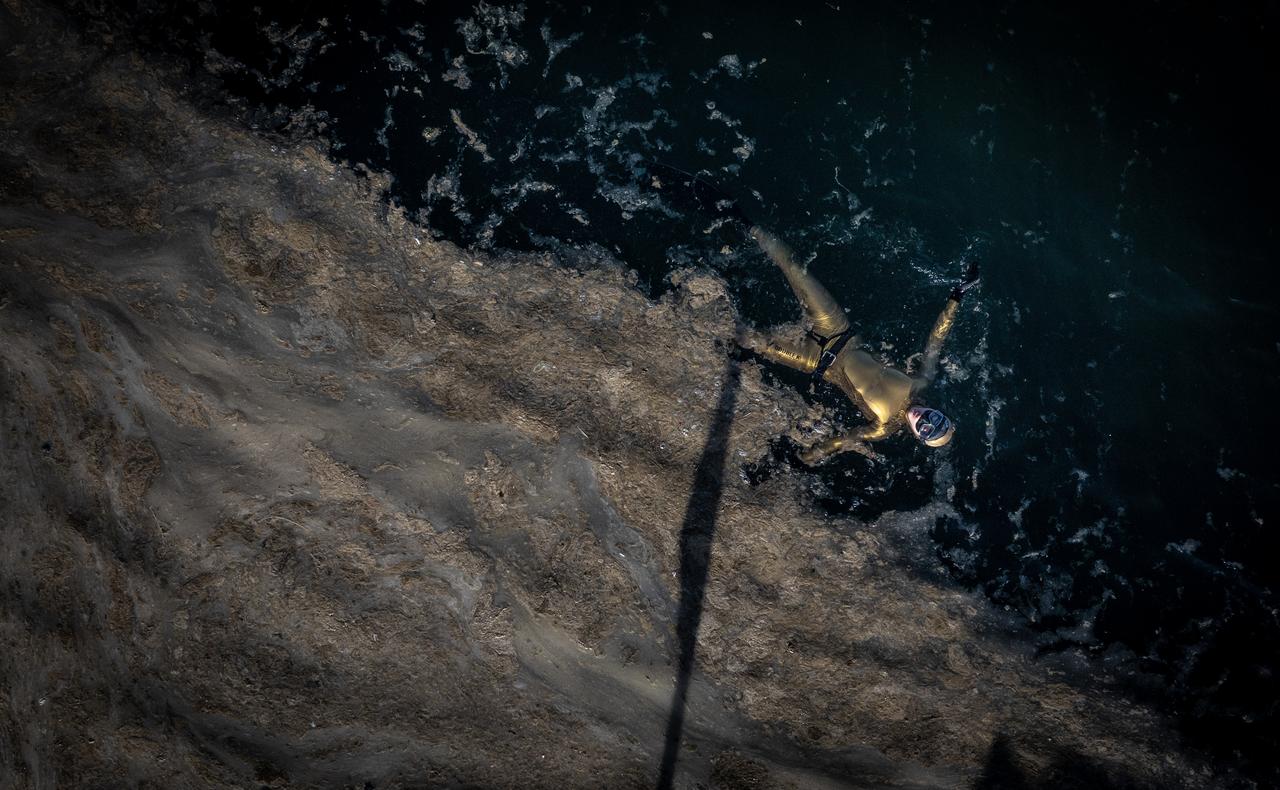
According to experts, mucilage formation in the Marmara Sea is driven by a perfect storm: rising sea surface temperatures, untreated wastewater, and the sea’s semi-enclosed structure that limits natural circulation.
Professor Mustafa Sari highlighted that since October 2024, dense mucilage has spread rapidly from Erdek to Istanbul, weaving a blanket of slime as deep as 30 meters.
“We’re facing a disaster-level mucilage outbreak,” said Sari. “It’s like a spider underwater—killing filter-feeding species like sponges and pinales, which play a crucial role in marine filtration.”
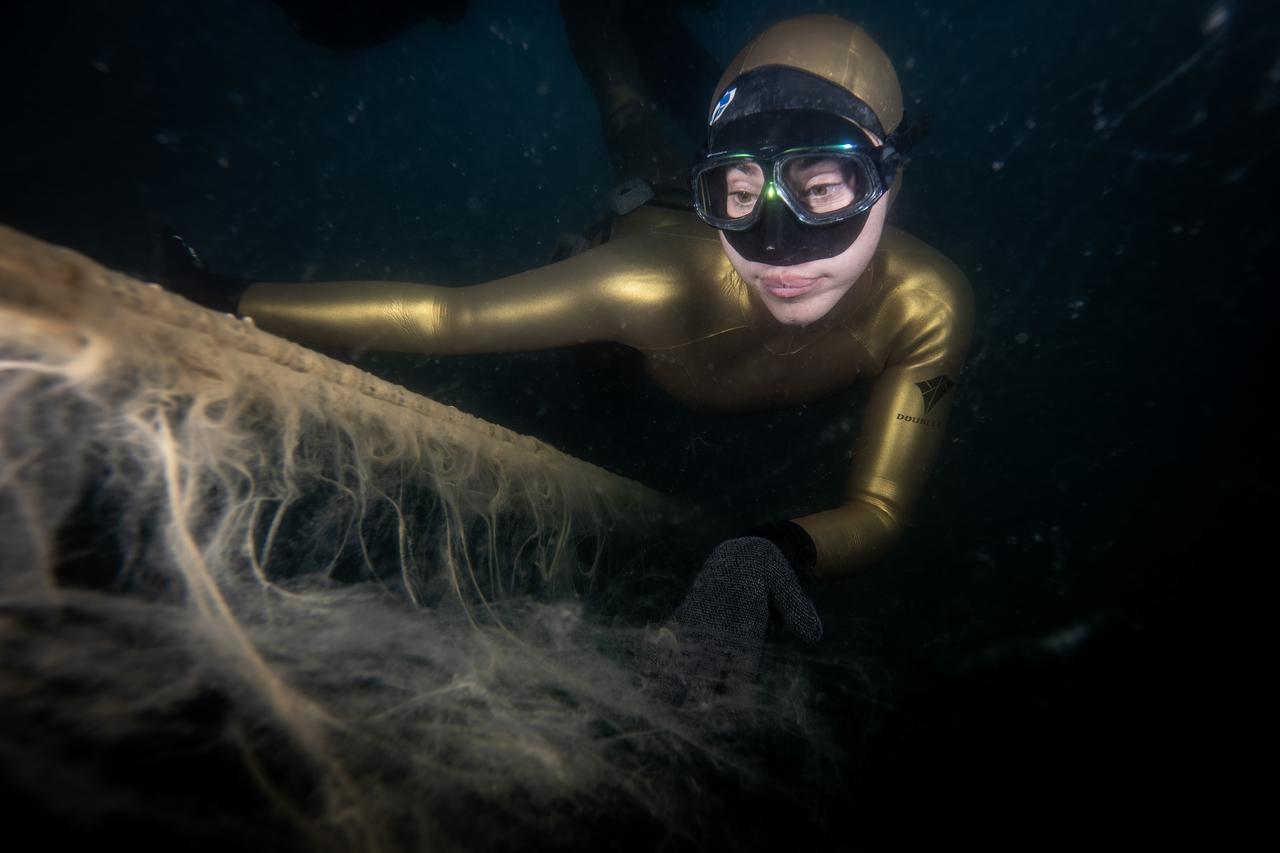
Sari pointed to three primary causes:
“Imagine assigning an asthmatic child to a woodshop instead of a clean environment. That’s what we’ve done to the Marmara Sea.”
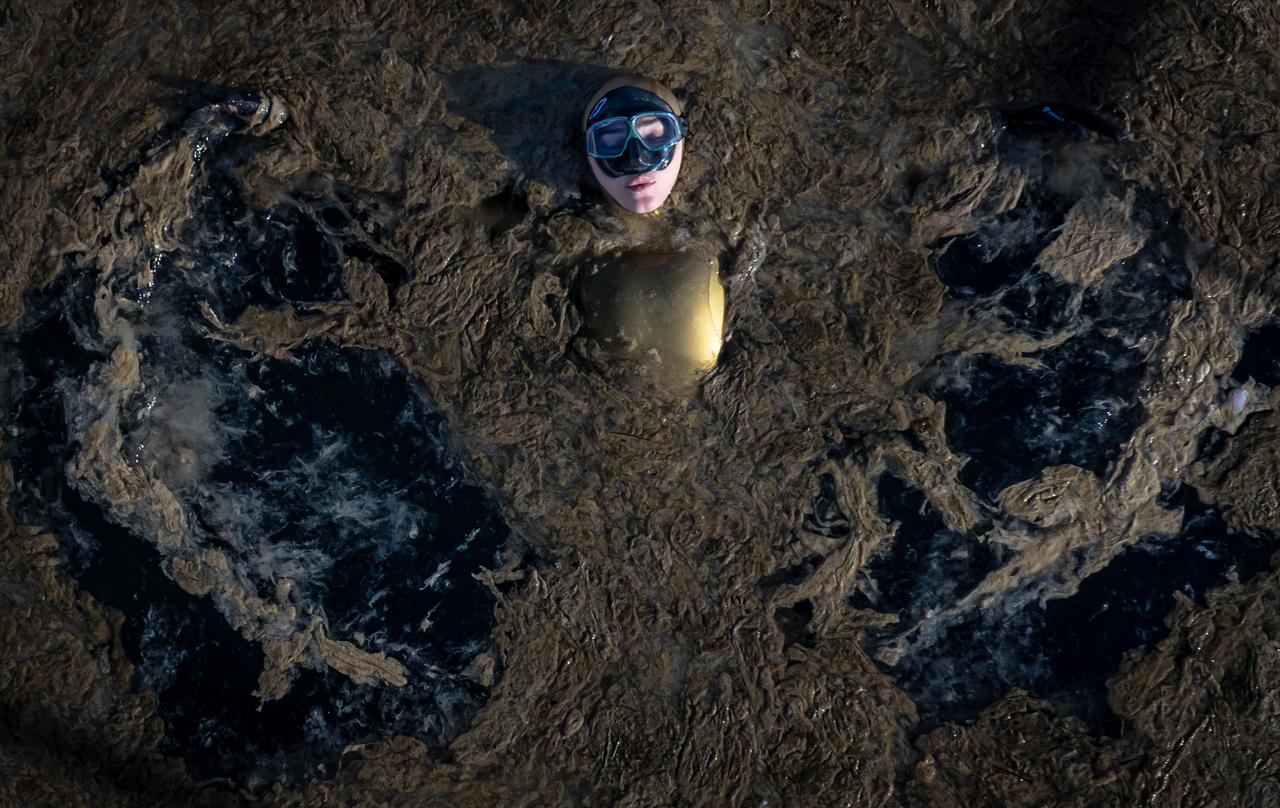
Mucilage now threatens not only marine life but also human livelihoods. Professor Sari reported that fishermen have been unable to work for six months and warned that the next wave of surface-level mucilage would hit tourism and local economies hard.
“We must act now. This is not a political issue. Local and central governments, industry, and citizens must unite immediately to save the Marmara.”
Ercumen echoed this plea, stressing that even small acts—like pouring oil down the sink—can pollute thousands of liters of water.
“I was deeply saddened and shaken by what I saw today. We must urgently implement action plans to protect our seas.”